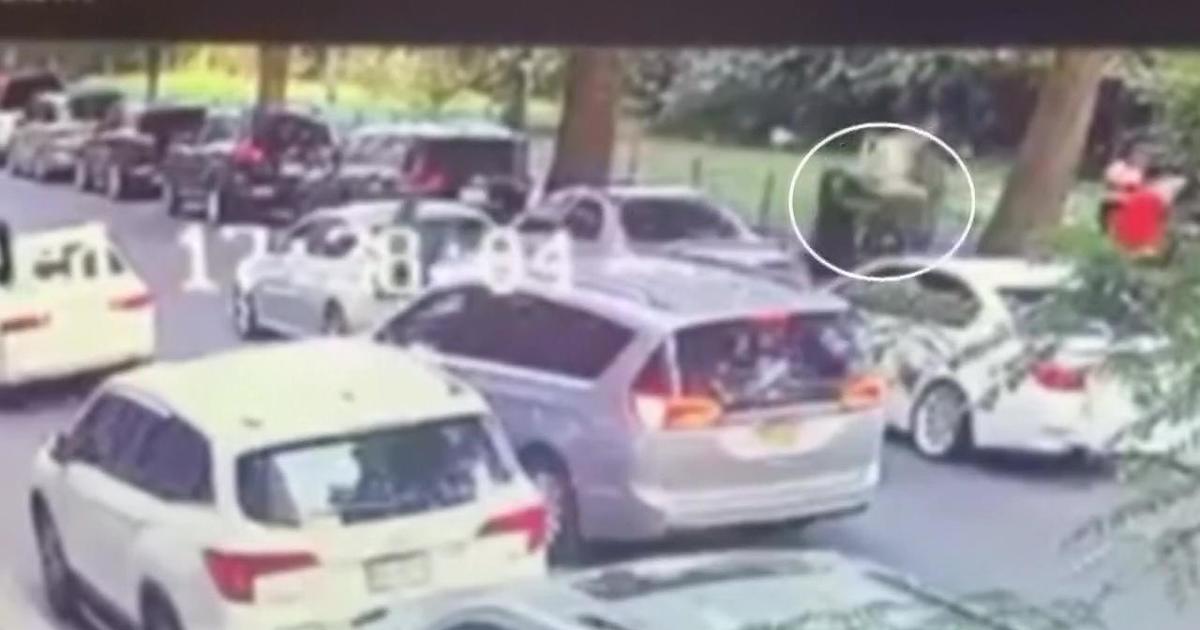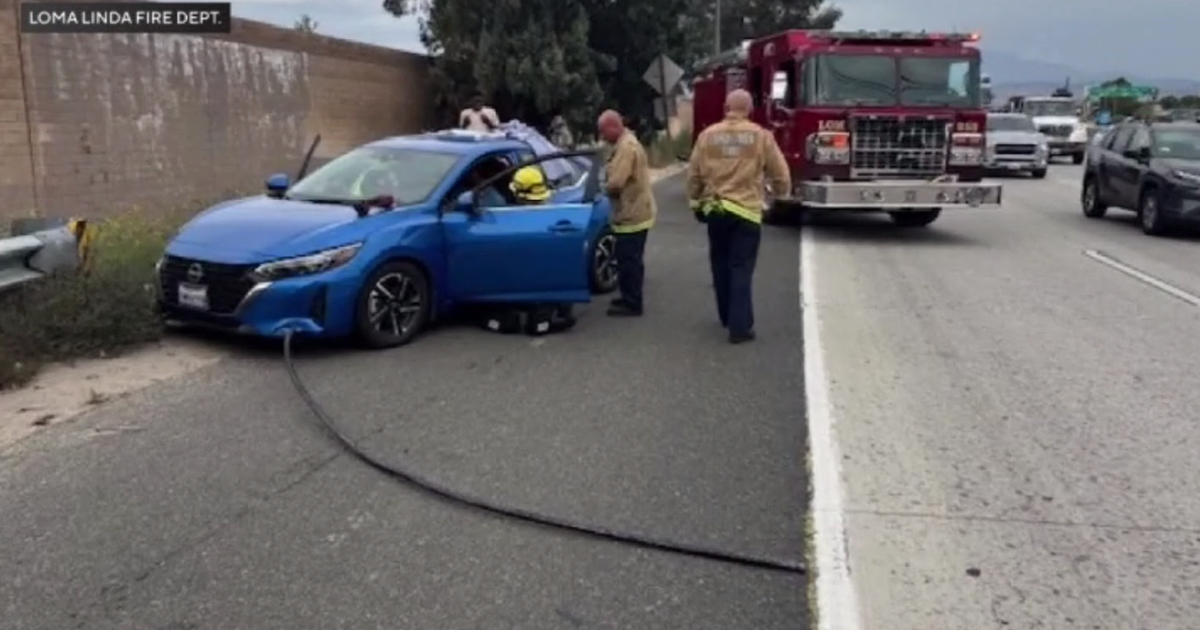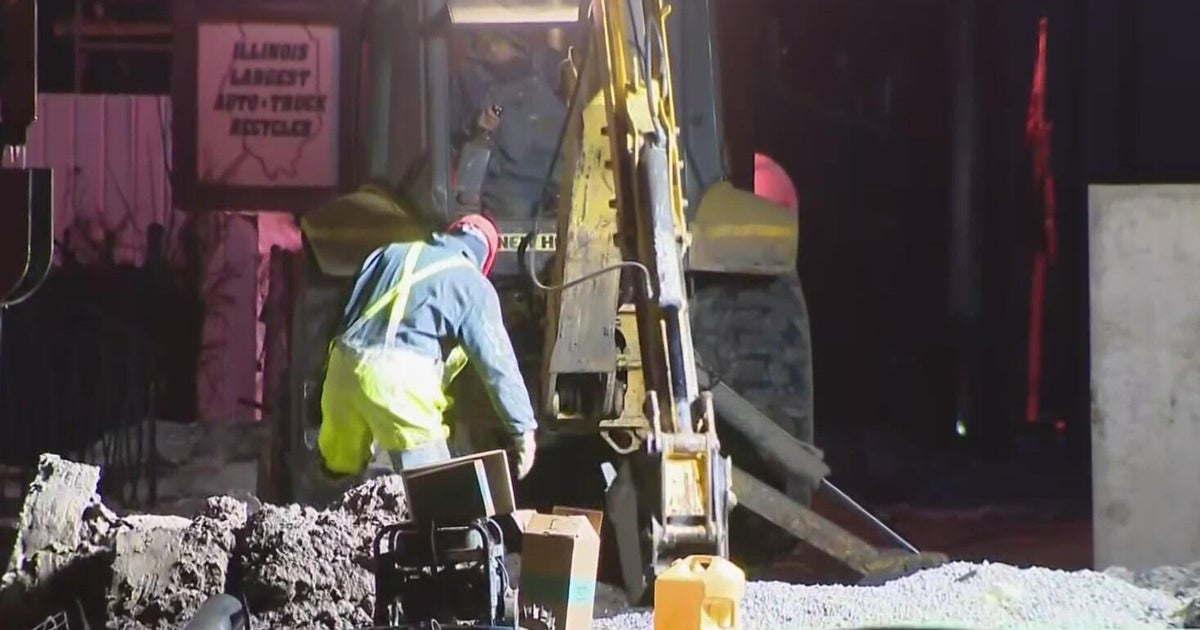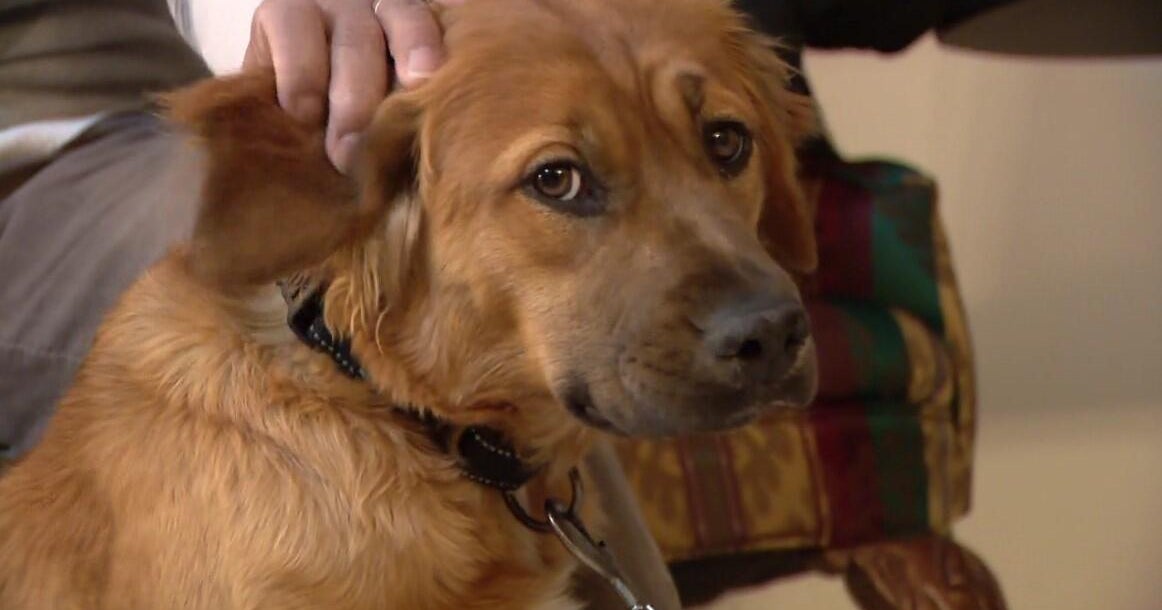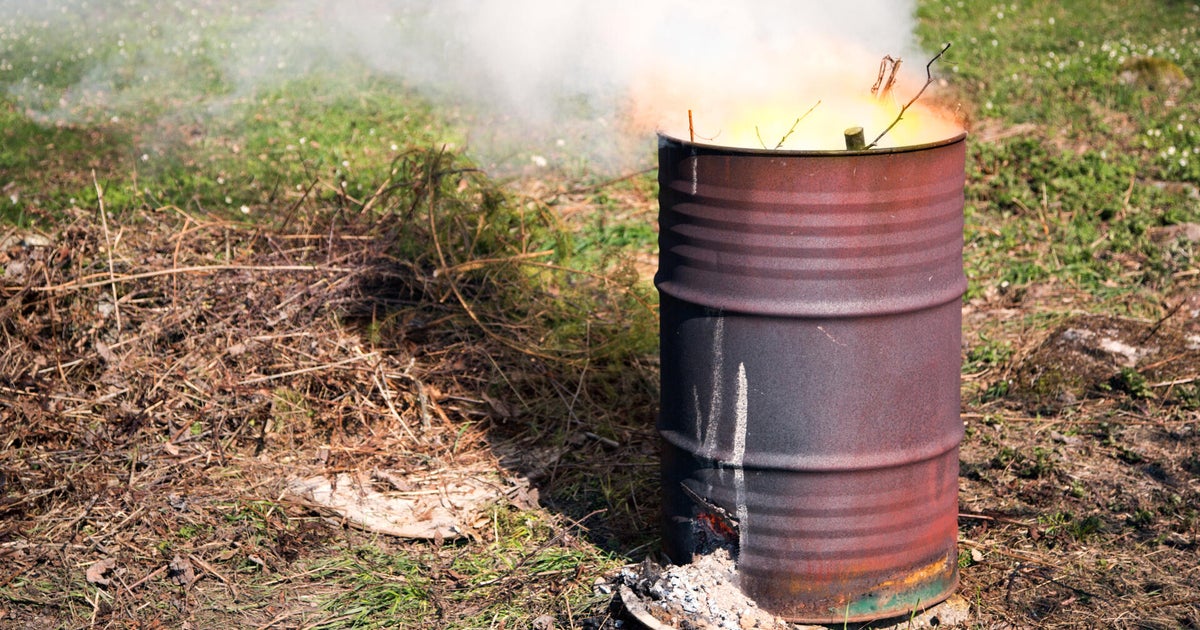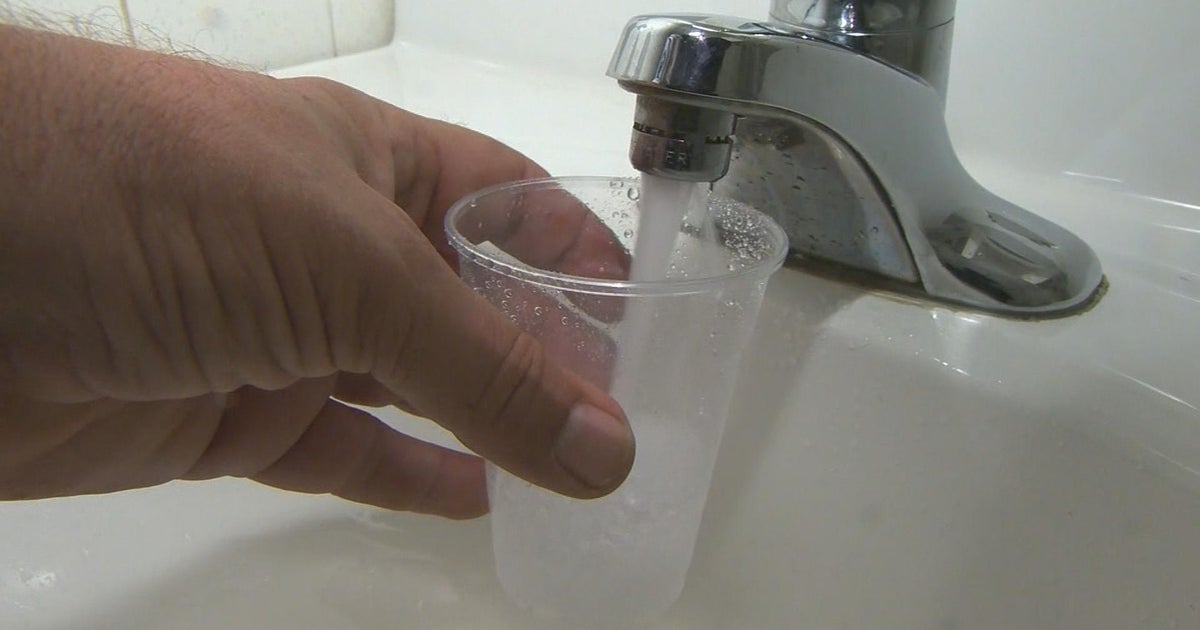Wis. Native Describes Shears Impaling Eye Socket
PHOENIX (AP) -- An 86-year-old Arizona man whose eye socket was impaled with a pair of pruning shears said Tuesday he experienced excruciating pain during the ordeal and feels lucky to be alive.
Leroy Luetscher, a Wisconsin native who now lives in Green Valley in southern Arizona, said he had just finished trimming plants in his backyard on July 30 when he lost his balance and fell on the pruning shears.
The tool went into his right eye socket and down into his neck, resting against the carotid artery. Half the shears were left in his head pushing up against his eye, while the other half was sticking out.
Luetscher said he put his hand to his face and realized the shears had gone into his eye.
"I didn't know if my eyeball was still there or what," he said. "I never had pain like that in all my life."
Luetscher, whose face was gushing blood, was able to walk to the laundry room of his house and beckon his longtime live-in girlfriend, Arpy Williams, who called 911.
An ambulance rushed him to University Medical Center in Tucson, where a team of surgeons immediately took scans of his brain and came up with a plan to treat him.
"It was a bit overwhelming," said Dr. Lynn Polonski, one of Luetscher's surgeons. "It was wedged in there so tightly, you could not move it. It was part of his face."
Polonski said the team made incisions underneath his right upper lip and his sinus wall, allowing them to loosen the handle of the pruning shears with their fingers. "Once we were able to loosen it up, it went fairly easily," he said.
Doctors also rebuilt Luetscher's orbital floor with a titanium plate and put him on antibiotics for 20 days to stave off an infection that could have proved fatal.
Luetscher still has slight swelling in his eyelids and minor double vision but has otherwise recovered.
Polonski said so many things could have gone much worse for Luetscher.
The shears could have ruptured his eye ball, hit his brain or severed his carotid artery.
"You know, if it went a little bit in a different direction, it basically could have killed him or he could have had a stroke," Polonski said. "He's was very lucky that it missed all vital structures and we were basically able to put him back together."
Polonski said he's never seen anything like Luetscher's injury in his 13 years as a surgeon.
Luetscher said he was born and raised about 30 miles outside Madison, Wis., and worked as an executive in the dairy industry before retiring to Arizona in 1998.
He said he's not sure he'll be doing much more gardening in the future.
"If that instrument had gone in any direction different than it did, I would have bled right there to death," he said.
